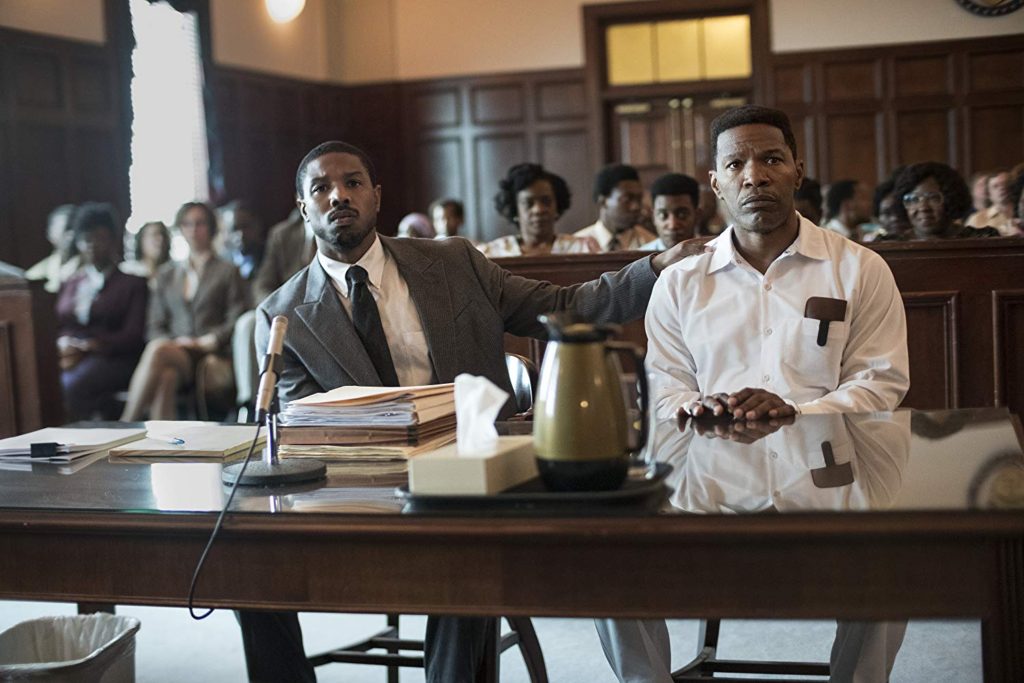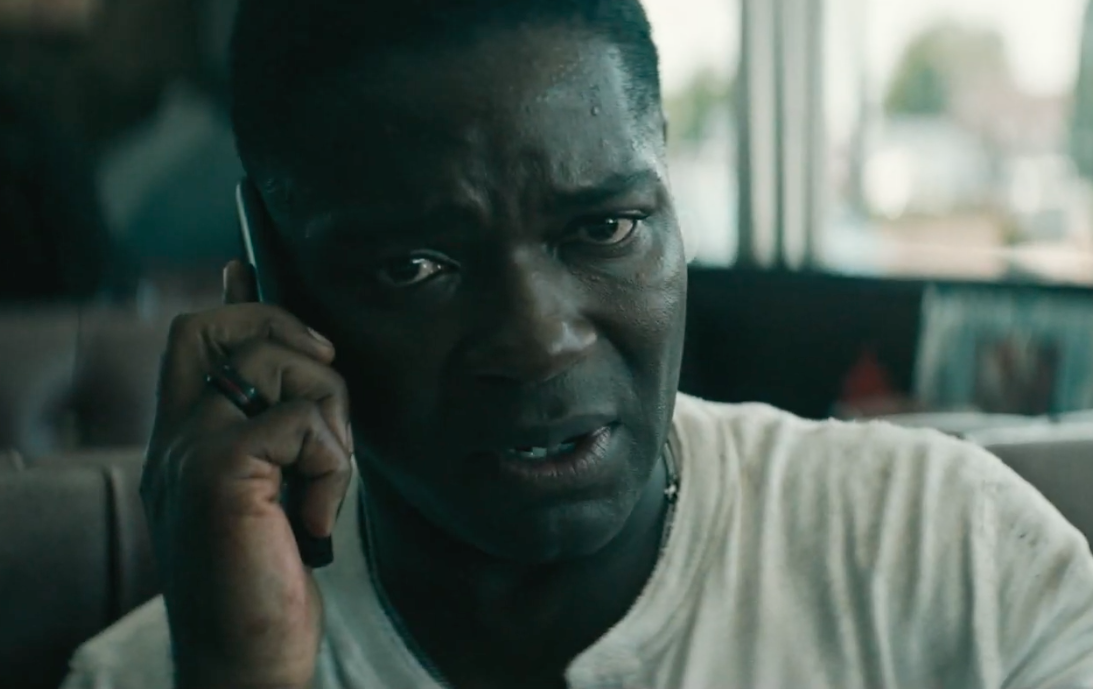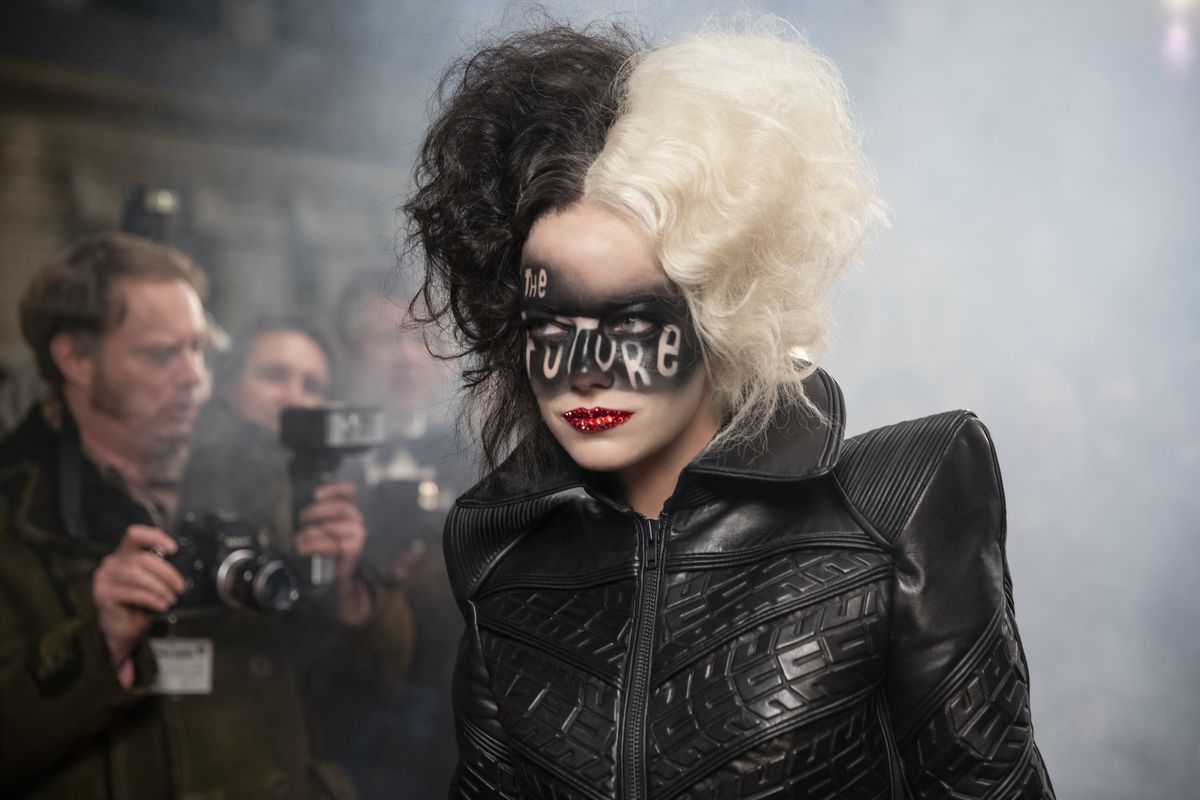Justice has been asleep at the wheel. That is my assessment of our third branch of government during my adult lifetime. Not just dysfunctional or misused, but dangerously misguided. Rodney King, OJ Simpson, Citizens United, Bush v. Gore, Brett Kavanaugh … is that enough? Or do I have to point out that the conclusion of none of these high profile justice events had anything to do with justice, but they all have negatively influenced the way we live in this country. Asleep.At.The.Wheel.
By the time I hit high school, every single person I knew had read To Kill a Mockingbird. Harper Lee’s take on Southern-fried injustice was so well constructed that by the 1980s, it had become required reading for any middle-to-high school with a soul. Imagine my surprise to realize that during my high school years, the same injustice that occurred in Mockingbird’s fiction could exist in real life in Harper Lee’s hometown exactly in the wake of the novel. Ain’t that a bitch?
Walter McMillian aka “Johnny D” (Jamie Foxx) was put on death row in 1986, wrongfully accused in the murder of teenager Rhonda Morrison. As presented in Just Mercy, the case against Johnny D. was so painfully weak that it’s quite impossible to believe a conviction was possible. The only eyewitness to the crime was an imprisoned felon looking for a break and over twenty ignored eye-witnesses could place Johnny D. miles away from the scene of the crime at the time of the crime. To Kill a Mockingbird was fiction, huh? To Kill a Mockingbird belonged to a different era, huh?
Movies have told me the South hates people like Bryan Stevenson. An outsider. An outsider lawyer. An outsider black lawyer. An outsider black lawyer with a Harvard degree and a desire to seek justice. And Bryan Stevenson (Michael B. Jordan) has apparently decided to start with career with death row inmates. Just Mercy did describe more than just Johnny D. among death row residents, which is good. It’s important to know that the vast majority of death row inmates -and prisoners for that matter- are indeed guilty of the things of which they’ve been accused. My question generally is: What is justice? Is it served by how we treat the guilty? And is it served by whom we wish to accuse? When it comes to the case of a genuine innocent man on death row, well, that’s as sad as sad gets. We’re beyond a question of justice when guilt is presumed by skin color, as is the case here.
As innocence is a foregone conclusion, the tension of Just Mercy has entirely to do with how Bryan Stevenson negotiates Alabama as an outsider and potential rabble-rouser. There is also tension in getting Johnny D. on board. The latter knows better than to hope; it does no good in any of these places of the world where rights for white people are assumed while rights for black people have to be demanded. Hence, much of the film relies on Michael B. Jordan’s acting, showing his frustration with the process yet reminding us that the fight is bigger than he is, and thus cannot be ceded without battle. I’ve enjoyed Jordan through two Creed films, but that’s easier acting – boxing is the easiest metaphor in film and the struggle is entirely personal. This is different: Bryan Stevenson has personal struggles and frustrations, but isn’t afforded the luxury of explosion … and that’s one of the huge undisclosed advantages of white privilege in the United States – white people are allowed to be mad. Black people are, generally, not. This is Jordan’s best acting to date.
Just Mercy was a tad heavy handed, and –as I say- the case was so detail imbalanced that the theme of the piece was a foregone conclusion if not the denouement itself. Still, this film was very well acted and surprisingly poignant. While it intended simply to shine a light on the racism that still exists in the justice system, it asked “What is justice?” again and again and again. Right now, we have a president -a public servant- impeached for facts nobody disputes and a cause that speaks directly to self-promotion at the expense of the country’s interests. What is justice? We know the answer, We all do. We knew it in the case of Johnny D. We knew it in the appointment of Justice Kavanaugh and we know it when it comes to curbing President Trump. The question is whether or not we get there. Asleep.At.The.Wheel.
Walter was unassuming as Al Roker
So “Johnny D.” became his subsequent cloaker
Yet that sobriquetted flavor
Did not yield white favor
He should have gone by “The Joker”
Rated PG-13, 136 Minutes
Director: Destin Daniel Cretton
Writer: Destin Daniel Cretton & Andrew Lanham
Genre: The sad reminder that justice in this country is rarely more than frilly words
Type of being most likely to enjoy this film: Death row convicts
Type of being least likely to enjoy this film: DAs




